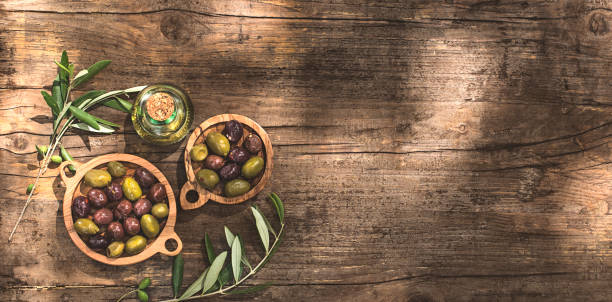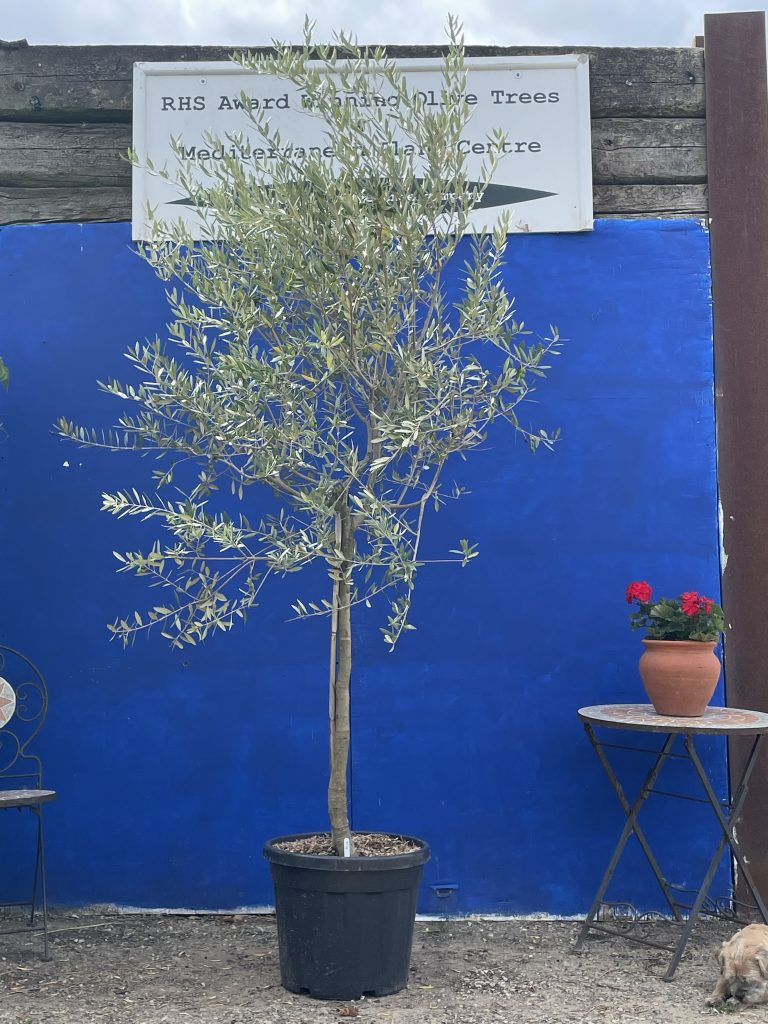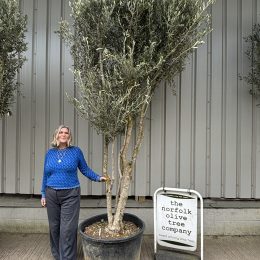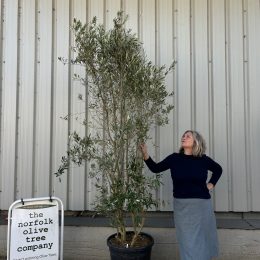Italian olive trees
Olive trees can be found growing across the globe, but Italian olive trees are considered some of the best varieties. The Italians understand that with olive tree cultivation patience is key. Ideally, trees need to mature for around 15 years to produce a long-lasting, healthy crop. It’s this dedication that sees Italy as the world leader in superior olive oil and is also number one in the product’s consumption. Here, we look at what makes Italian olive trees so uniquely special…
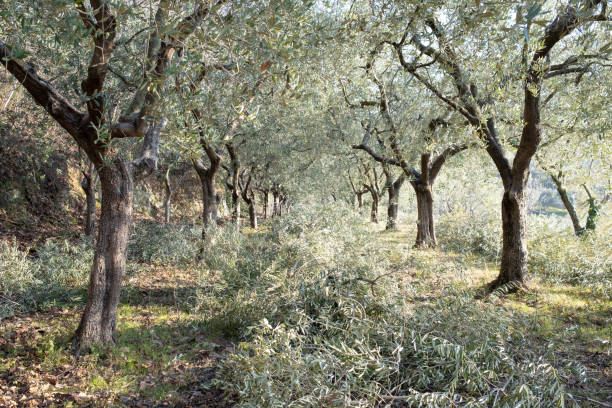
Why are olives important to Italy?
Olive growing is a huge agricultural activity in Italy, generating over 3 million in the olive oil sector. The biggest olive growing areas are in the Apulia region, followed closely by Calabria and Sicily. They take pride in nurturing such a rich commodity, so much so that in Puglia you have to obtain permission before olive trees are felled!
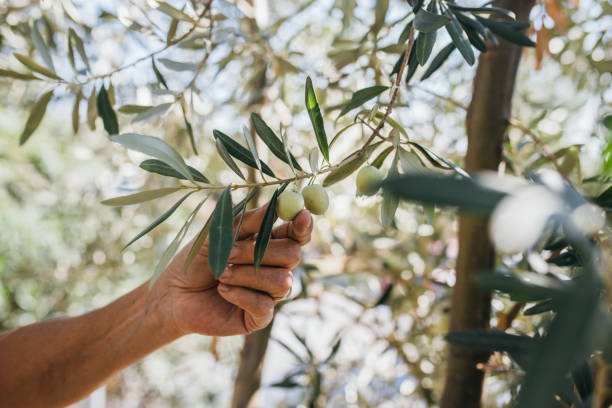
What kind of olive trees grow in Italy?
Of course, olive trees are not just about making olive oil. They’re enjoyed both inside and outside homes across the globe for their graceful beauty and timeless elegance. Italian olive trees have the ability to transform colour and interest all year round. With so many varieties the only problem is choosing one! Here are our top picks:
Olea europaea ‘Cipressino’
Origin: Puglia, Italy
Olea europaea ‘Cipressino’ is a vigorous upright tree, getting its name from its similarity to the habit of the pencil-like Italian cypress. It is a very hardy tree and shows good resistance to coastal conditions but will require a pollinator to produce an abundance of black olives that are best suited for fine olive oil.
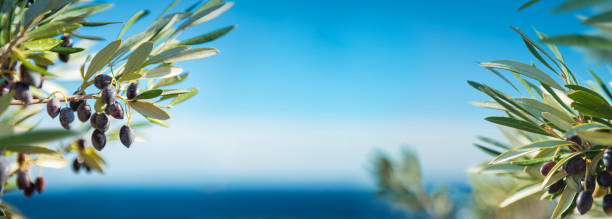
Olea europaea ‘Frantoio’
Origin: Tuscany, Italy
Olea europaea ‘Frantoio’ is one of our favourite varieties; it makes the classic small to medium sized olive tree that is indicative of the olive groves around the foothills of Tuscany. It is a self-fertile tree, as well as being a good pollinator; the olives make a lovely, fruity aromatic oil.
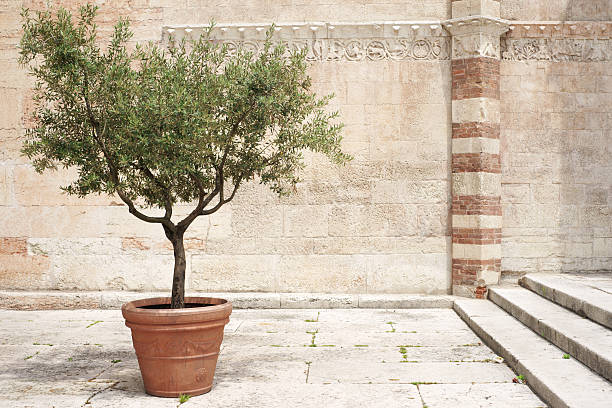
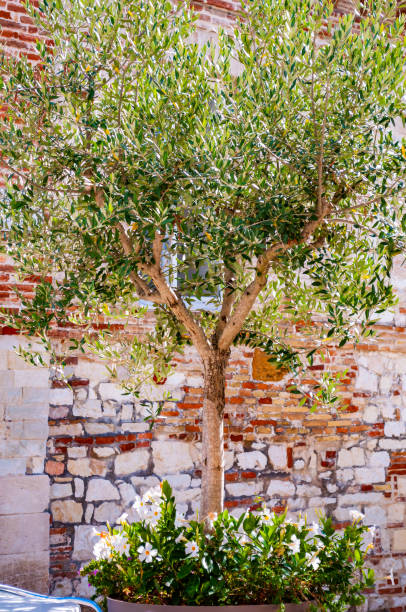
Olea europaea ‘Leccino’
Origin: Tuscany, Italy
Olea europaea ‘Leccino’ with its open semi-pendulous habit is a popular and widely planted form – it is easy to cultivate and is tolerant of a wide range of conditions. Leccino produces olives that are of high quality and are suitable for both the table and olive oil production. This is a self-sterile form and so should be planted with a good pollinator.
